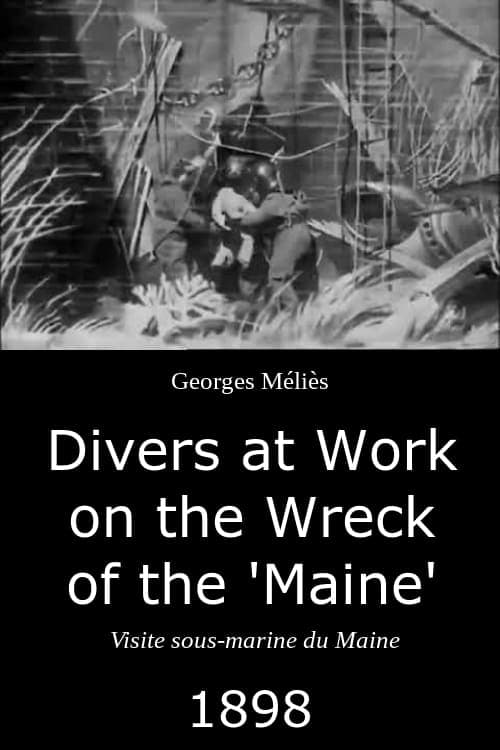
Bunny O'Hare
Oct 18 1971
•1h 28m
•Action, Comedy
Bette Davis handles the title role in this highly offbeat crime comedy about two aging hippies who elect to rob a bank to restore Bunny O'Hare's financial affairs after she's been unjustly evicted and rendered homeless. When that heist ends up paying off, rather than take off for the border, Bunny opts for a life of crime with her new partner, Bill Green, played by fellow Oscar-winner Ernest Borgnine.
Cast
See all
Bette Davis
Bunny O'Hare

Ernest Borgnine
Bill Green - Gruenwald

Jack Cassidy
Lieutenant Horace Greeley

Joan Delaney
R.J. Hart
Recommendations
See all
Madame Sin
A CIA agent is used as a pawn in an insane woman's plan to steal a Polaris submarine.

Divers at Work on the Wreck of the "Maine"
Divers go to work on a wrecked ship (the battleship Maine that was blown up in Havana harbour during the Spanish-American War), surrounded by curiously disproportionate fish.

Main Krishna Hoon
In answer to an orphan boy's prayers, the divine Lord Krishna comes to Earth, befriends the boy, and helps him find a loving family.

Young and Dangerous 4
The boss of the Hung Hing gang, Tian Sang, has died. Ho Nam and Hon Bun find Sangs younger brother, Yang to lead the gang. Meanwhile, Hon Bun receives news that his younger brother, a leader of the Tuen Mun gang has been assasinated. They travel to Hong Kong to settle the matter.